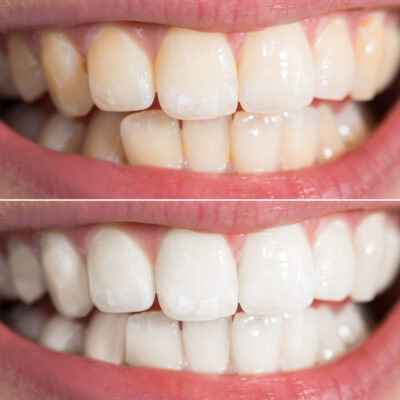
Dietary Tips for Vitamin A, C, D, and E Deficiency
Vitamins are organic molecules needed by the body for its proper functioning, and a deficiency can cause various diseases and disorders, such as anemia, reproductive complications, hair loss, skin issues, and even scurvy to name a few. This article discusses some dietary tips for vitamin deficiency explaining how to deal with deficiencies of vitamins A, C, D, and E:
1. Vitamin A deficiency
Vitamin A is essential for proper vision and is related to skin health, proper functioning of the reproductive system, and general immunity. A deficiency of vitamin A can lead to problems like excessive dry skin leading to eczema, night blindness, infertility, frequent infections of the throat and in the chest, and poor healing of wounds. According to the dietary tips for vitamin deficiency, every person needs 700 to 900 mcg of vitamin A daily, which can be ensured with the consumption of the following foods as they are rich in this vitamin:
- Carrots
- Spinach
- Kale
- Sweet potatoes
- Mangoes
- Cantaloupe
- Papayas
- Apricot
- Guava
- Cheddar, Roquefort, blue, and cream cheeses
- Trout
- Beef and lamb liver
- Cod liver oil
- Liver sausage
- Fish like salmon, tuna, and mackerel
2. Vitamin C deficiency
Vitamin C, also known as ascorbic acid, works as an antioxidant, and a lack of this vitamin can lead to problems like scurvy, being prone to regular infections, gingivitis, dry skin, slow healing of wounds, nosebleeds, a possibility of iron deficiency, and painful joints. To overcome vitamin C deficiency, an intake of 75 to 90 mg of vitamin C should be ensured through a proper diet or in the form of supplements. In food, it is available in items like:
- Oranges
- Guava
- Sweet red peppers
- Broccoli
- Lemons
- Kiwis
- Papaya
- Strawberries
Cooking breaks down vitamin C, so eating these foods raw is recommended.
3. Vitamin D deficiency
Vitamin D is a group of vitamins that are necessary, along with calcium, to strengthen bones. Additionally, vitamin D is useful for the smooth functioning of the body’s immune system, and a deficiency can lead to rickets, pain in the back or the bones, fatigue and exhaustion, depression, weak bones, hair loss, and muscular pain. Average adults are recommended 15 mcg of vitamin D daily, and most of this can be obtained from sunlight. Spending 15 to 30 minutes under sunlight can help the body absorb vitamin D. It can also be obtained from foods like:
- Eggs
- Liver
- Fortified milk
- Fatty fish like salmon and tuna
4. Vitamin E deficiency
Vitamin E is known as an antioxidant and helps prevent cell damage that free radicals can cause. It is needed for general immunity and the production of red blood cells. A deficiency of vitamin E can lead to muscular pain, difficulty in walking properly, vision problems, and kidney problems.
A dietary tip to prevent this vitamin deficiency is to ensure the intake of about 15 mg of Vitamin E daily and from supplements or foods like:
- Cereals
- Wheat germ
- Avocado
- Asparagus
- Nuts
- Eggs
- Liver
- Sweet potato
- Kiwi


